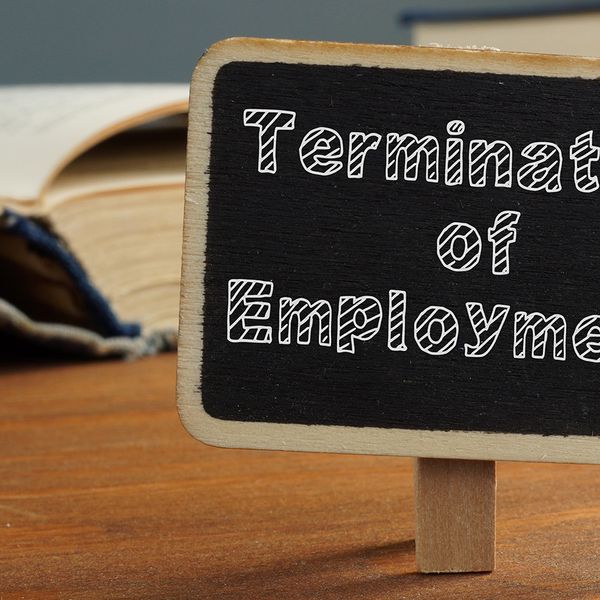Performance review timing and FMLA leave
A new year often begins a new round of employee performance reviews. Since the Family and Medical Leave Act (FMLA) allows eligible employees to take up to 12 (or 26) weeks of leave, many events can occur during an employee’s leave, including the employee’s pre-scheduled performance review. Such reviews might take place on an annual or other scheduled basis. How you treat the timing of those reviews should include some thought.
If, for example, Jo Employee takes 12 weeks of FMLA leave, during which her annual performance review is scheduled, here are some questions to ponder:
- Do you look at all 12 months of Jo’s performance?
- What if she hasn’t worked a full 12 months because of leave?
- When can you actual do the review?
- Can you delay it so you can look at a full 12-months of work?
Delaying a review
An annual performance review generally takes into consideration a full years’ worth of work. Some employers think it’s best to delay the performance review by the same amount of time an employee took FMLA leave to capture an entire years’ work. This practice, however, might risk running afoul of one of the cornerstones of the FMLA: Returning the employee to his or her position, including the equivalent pay, benefits, and working conditions.
The issues can be particularly concerning if the performance review affects wage increases or other compensation.
What the regulations say
The FMLA regulations indicate that an equivalent position includes equivalent pay, which includes any unconditional pay increases that may have occurred during the FMLA leave period. Equivalent pay also includes bonuses or payments, whether discretionary or non-discretionary. FMLA leave cannot undermine the employee’s right to such pay.
Furthermore, “… employers cannot use the taking of FMLA leave as a negative factor in employment actions, such as hiring, promotions, or disciplinary actions; nor can FMLA leave be counted under no fault attendance policies.” [29 CFR 825.220(c)]
Avoiding a negative factor
Therefore, you would need to look at whether delaying an employee’s performance review could be seen as having a negative factor for the employee.
If, for example, Jo Employee took 12 weeks of leave from April through June, during which she would otherwise have obtained a pay increase in May, but you delayed this increase until September (so you could use a full 12 months of work), you may have violated the equivalent pay provision. If delaying a review creates a new review schedule going forward, the negative impacts could continue.
If, however, a pay increase is conditioned upon seniority, length of service, or work performed, you would grant it in accordance with your policy or practice as applied to other employees on an equivalent leave status for a reason that does not qualify as FMLA leave.
In other words, don’t treat an employee on FMLA leave differently than you would an employee on other forms of leave.
Key to remember: It might be less risky to keep the performance review on schedule and prorate wage increases to account for FMLA leave.























































